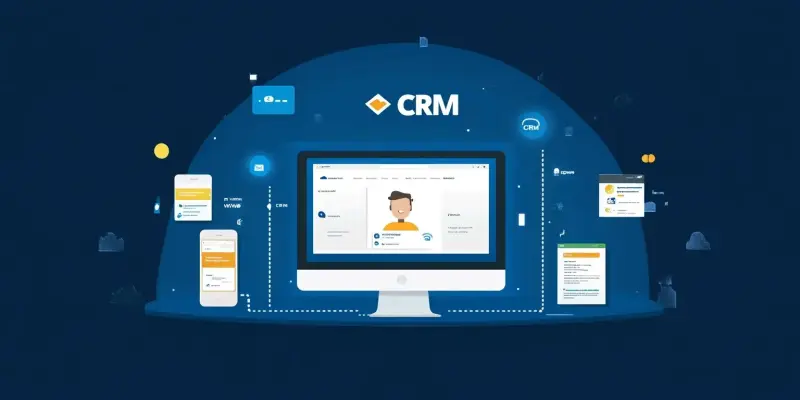Nimble CRM, a sales and marketing engagement platform tailored for small businesses, has received significant industry accolades, reinforcing its leadership position. It garnered praise from platforms such as G2, GetApp, and SoftwareReviews for its outstanding user experience, customer satisfaction, and the addition of the Nimble Email Marketing add-on.
With a user-friendly interface, robust integrations, and high scalability, Nimble offers a comprehensive tool for small businesses to build relationships and stimulate growth. CEO Jon Ferrara emphasized the company’s mission to simplify relationship-building for real growth, with recent recognitions validating their commitment. Nimble achieved substantial recognition in the G2 Spring Grid® Report, named a Leader in CRM and Sales Intelligence categories. It also secured top spots in Small-Business Sales Intelligence, Small-Business CRM, and Small-Business Email Tracking, among others. SoftwareReviews recognized Nimble in their Emotional Footprint Awards for Customer Relationship Management – Small Business, and Capterra included it in their Shortlist for Best CRM Software. SourceForge acknowledged it as a Top Performer, and GetApp identified Nimble as a Leader in Contact Management and specialized CRM categories.
Craig Jamieson, Founder of Adaptive Business Services, praised Nimble’s impact on the CRM landscape, noting its power and intuitiveness, reflecting positive feedback from his clients. Nimble integrates CRM, email marketing, and automation tools, simplifying customer interactions and promoting growth. Its array of recognitions underlines its status as a preferred platform, highlighting exceptional satisfaction, ease of use, and versatility for small businesses. Nimble’s continued success and industry recognition underscore its role in enhancing customer relationships and fostering sustainable business growth.

